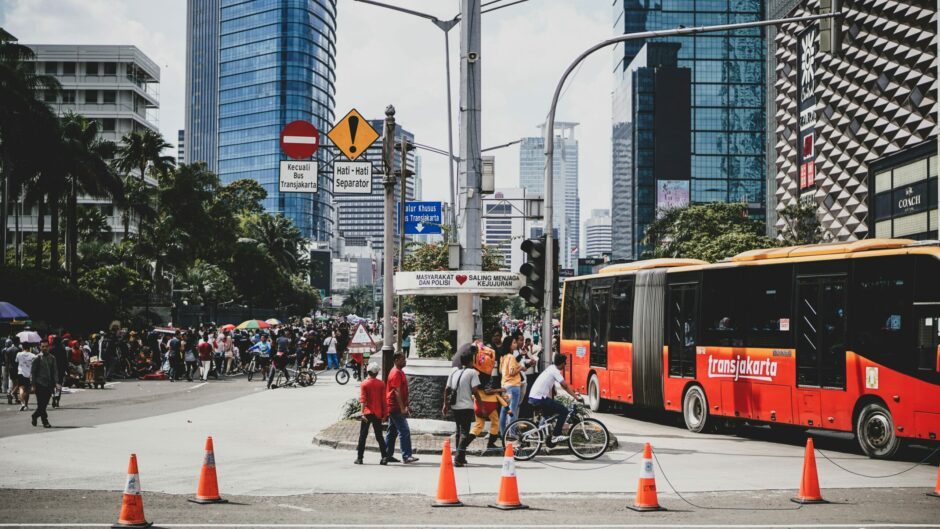Unlock Premium Content
Join top professionals who trust DealStreetAsia for their market insights.Get 1 premium article each month
Receive curated newsletters straight to your inbox
Be the first to hear about upcoming events and summits
Register now - it only takes a minute! Log in if you already a reader.




